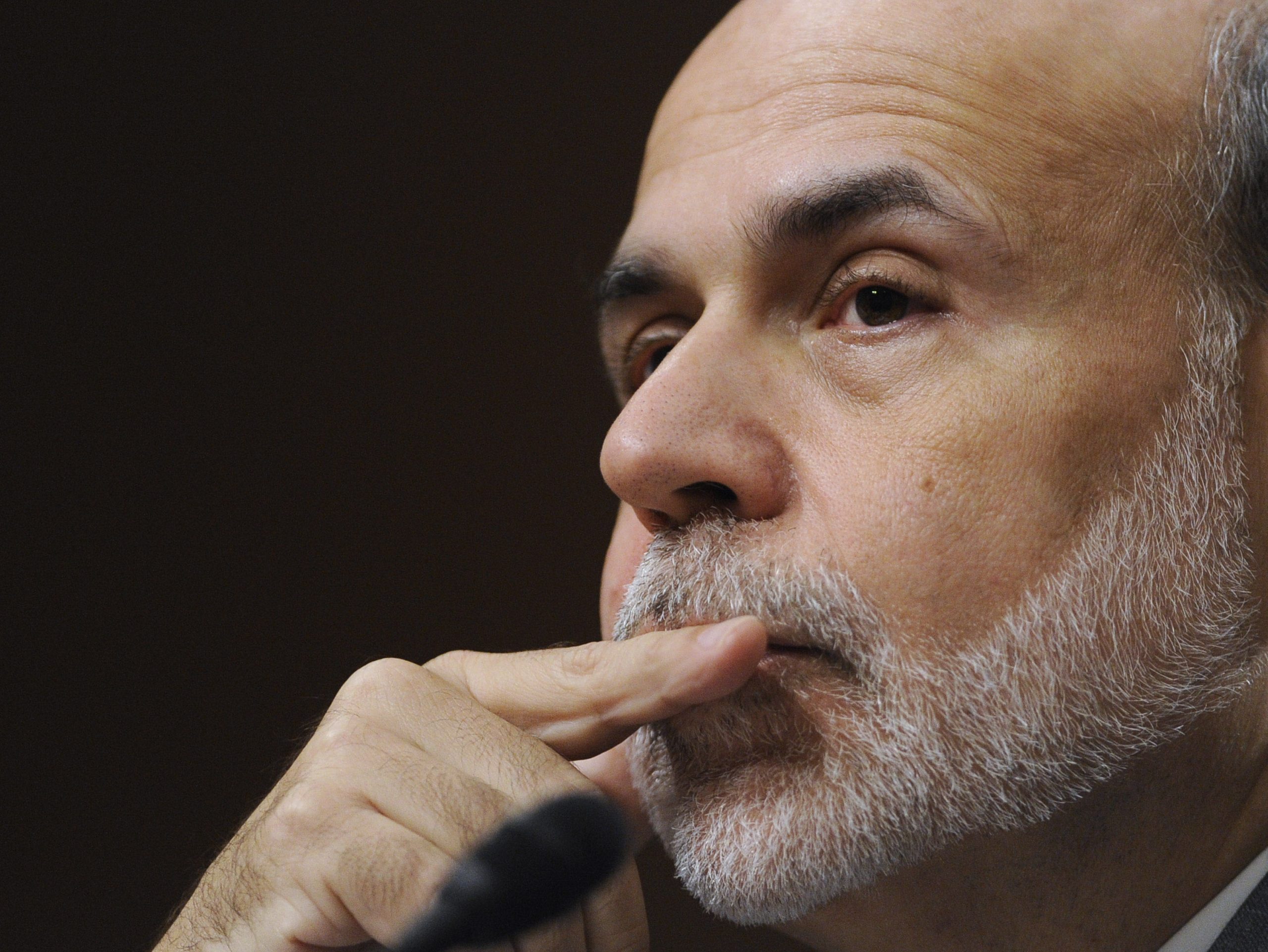by Marco Fortis*
The worldwide crisis we are going through, though it started in the United States when the big real estate and financial bubble burst and Lehman Brothers went bankrupt in October 2008, poured over the rest of the world like a river at flood tide, taking with it every embankment and every certainty.
The Eurozone, surprisingly, was unable to take advantage of a stronger real economy, a better private and even public debt/GDP ratio than that of the U.S., and got so wrapped up in the Greek crisis it no longer seems to be able to find the way out. The EFSF fund and the new ESF fund that is about to go into force still don’t have enough funds behind them to thwart the speculative attacks on the euro and sovereign debt of the weaker economies, while the Fiscal compact appears like a juridical and bureaucratic straitjacket capable of annihilating any timid growth prospects in the area.
The U.S. and the U.K., in turn, have been adroitly buying time, printing a profusion of money with their central banks (free of limitations), thereby saving their own banks and preventing the process of debt reduction (the so-called deleveraging process) of the families from causing an exceptional recession of internal consumption. While Europe, in the meantime, guiltily wasted time because of Germany’s hesitance, letting the crisis of the peripheral countries get worse and worse until it managed to spread to Spain, Italy and even France, which lost its triple-A rating.
But America has no reason to feel better off. Despite a better GDP dynamic than that of Europe, both during 2009-2011 and in the forecasts for 2012, and despite a slight reduction in the unemployment rate in the past few months, the overall economic situation in the U.S. is still difficult from the standpoint of fundamentals.
According to Credit Suisse, the financial and property equity per adult of the United States in 2011, at current prices, was still 7.5% below what it was in 2007, while in Germany it is higher by 7.1% and even in Italy it is higher by 2.2% than it was four years ago.
The number of new residential housing starts is still well below the historic minimums of the last 50 years, depressing the American real estate market inexorably and lessening consumer confidence. Moreover, the social gaps are growing wider with increasing inequalities. However, the deleveraging of the American families has been significant, the McKinsey Global Institute observes in its latest world report, and this could mean the turning point in the economic cycle is near, with a strong recovery of internal demand.
This analysis does not take account, however, of the unstoppable growth of the debt, which no one, until after the next elections, dares to control, for fear of losing votes.
The aggregate American debt (public, families, businesses and banks), at the end of the second quarter 2011, was al 279% of the GDP, compared with Germany’s 278%, Italy’s 314%, France’s 346%, Spain’s 363% and Great Britain’s 414% (purged of the effects of London’s role as a financial hub).
But the McKinsey report estimates that, considering also the non-negotiable securities of federal debt held by organizations other than pension funds, U.S. public debt is actually higher by 31 points and amounts to 111% of the GDP while aggregate debt increases to 310%, which is practically on the same level as Italy.
With the difference that the Italian public debt, in the wake of the severe financial provisions passed by our country, is now substantially halted, while the American debt will continue to grow and take the aggregate debt with it.
America, in short, has only gained some time, but not even Washington has yet solved the key problems, and is a long way from doing so.
* Vice president of the Edison Foundation and professor of Industrial Economics at the Università Cattolica, Milan

